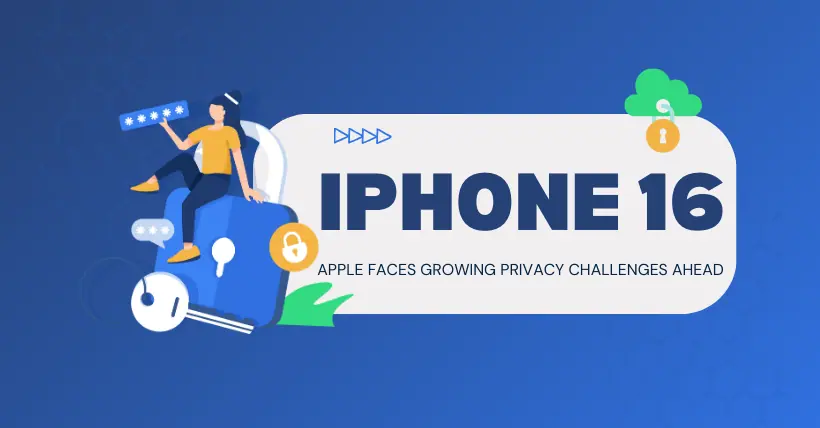Many people buy Apple products not because they offer the best value for money or the most innovation, but because of their security. This security, of course, is not absolute; it is relative to some Android phones.
Since Apple’s system is closed, all apps must be downloaded and installed from the App Store, and these apps are reviewed by Apple. Compared to Android apps, Apple does indeed perform much better in terms of privacy protection.
Moreover, Apple has done a lot of work regarding user data, including technologies like Privacy-Preserving Computation (PCC) and strategies like “Local First,” which keep sensitive data on the device, strictly control app access, obscure users’ IP addresses, and mask network identity information. Compared to Android phones, Apple’s measures are indeed more stringent.
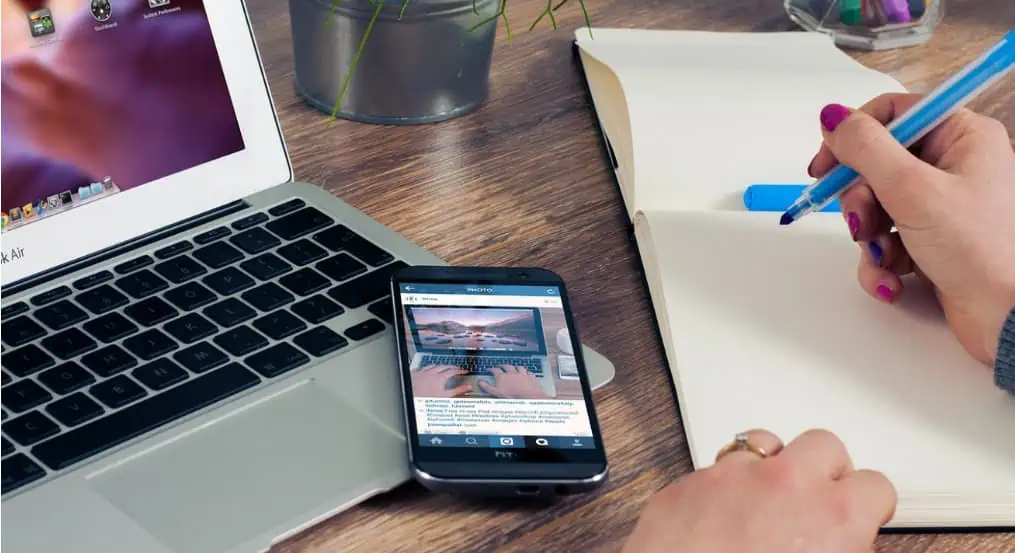
If you’ve followed the last five years of the 315 Gala, you’d deeply understand this point. Each year, the 315 Gala has exposed some mobile apps that continuously collect user privacy information, show pop-ups, and become increasingly slow with use—all of these are Android apps.
The reason is that Android phones are open-source, with numerous app stores, and users can also install apps themselves. The control over permissions isn’t as strict, so it’s easy to install junk apps. These apps can wake each other up, silently install in the background, secretly obtain user information, and upload it to servers.
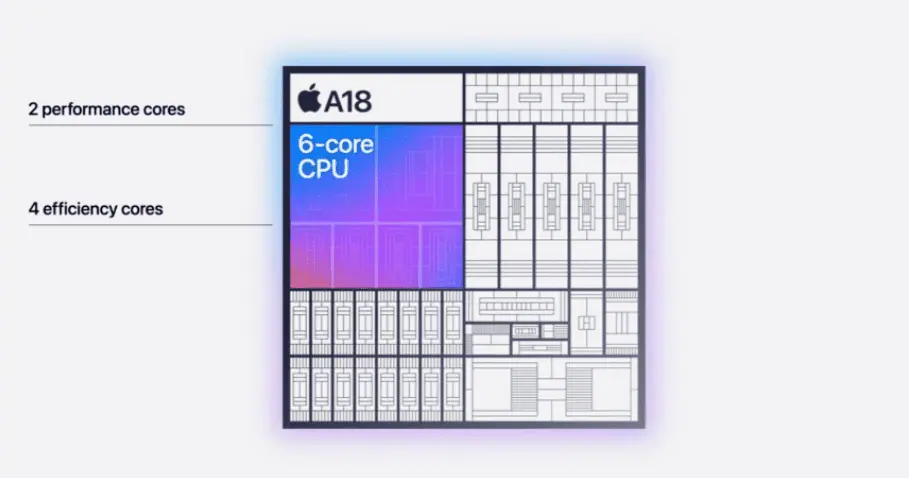
However, starting from iPhone 16, it may become increasingly difficult for Apple to protect user privacy.
Why? Because starting from iPhone 16, Apple has begun integrating third-party large models like OpenAI’s services. To use these services, users need to send their requests to OpenAI’s GPT products.
These third-party services handling user data are not regulated by Apple, so once the data leaves Apple’s device side, it is no longer under Apple’s control.
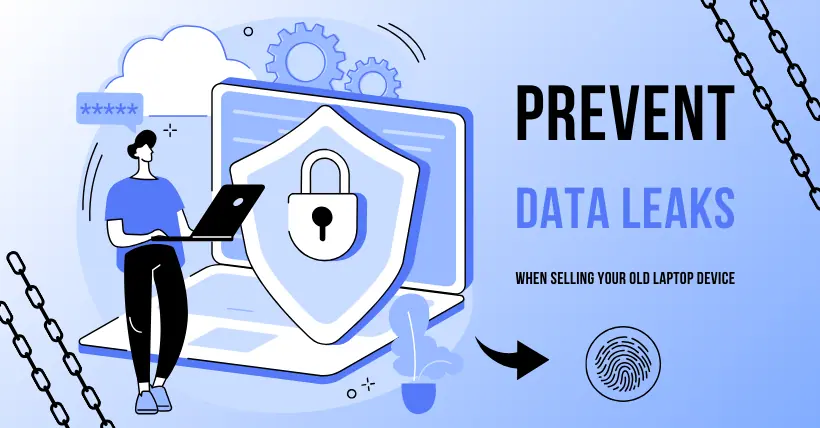
Although third parties also claim that they will protect user privacy, it is undeniable that most third-party privacy policies are more lenient than Apple’s. Moreover, the involvement of an additional data processor doubles the risk of a data breach.
In fact, this is not just the case with Apple. As AI becomes integrated into phones, Android phones face the same issue. With the integration of third-party applications, the use of user data is no longer confined to the device side but is uploaded to the cloud. Once in the cloud, the risk of a data breach significantly increases.
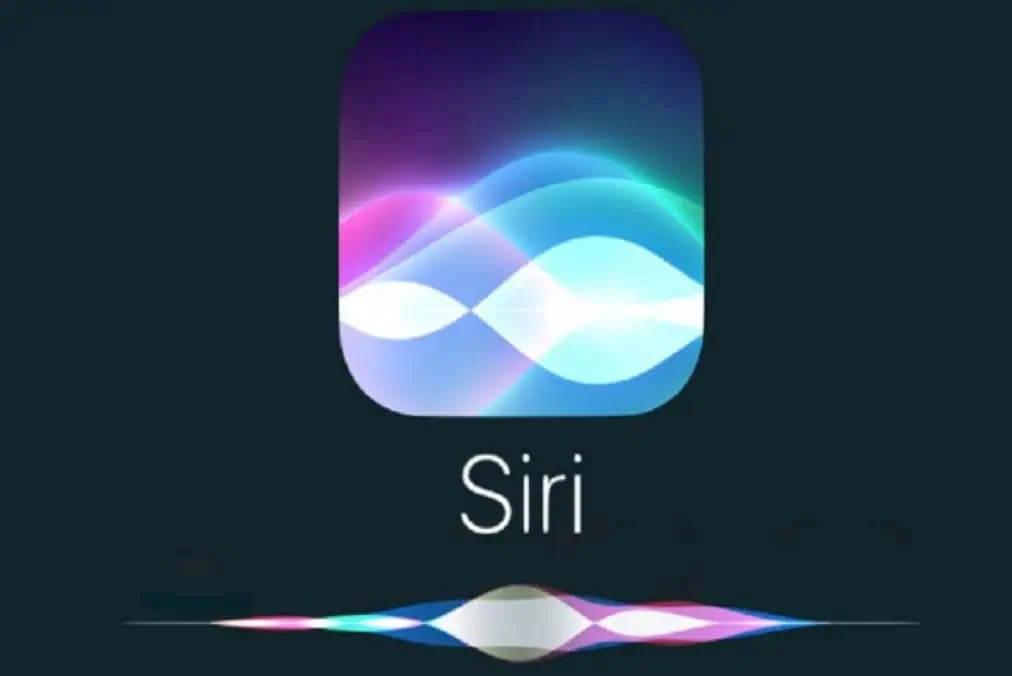
So, in the AI era, every mobile terminal will face the issue of how to protect user privacy. Although phone manufacturers may claim they will do their utmost to retain control, they are often powerless when it comes to third-party partners.
Perhaps a more secure encryption method will emerge in the future to protect everyone’s data transmission and decryption.

Disclaimer:
- This channel does not make any representations or warranties regarding the availability, accuracy, timeliness, effectiveness, or completeness of any information posted. It hereby disclaims any liability or consequences arising from the use of the information.
- This channel is non-commercial and non-profit. The re-posted content does not signify endorsement of its views or responsibility for its authenticity. It does not intend to constitute any other guidance. This channel is not liable for any inaccuracies or errors in the re-posted or published information, directly or indirectly.
- Some data, materials, text, images, etc., used in this channel are sourced from the internet, and all reposts are duly credited to their sources. If you discover any work that infringes on your intellectual property rights or personal legal interests, please contact us, and we will promptly modify or remove it.



